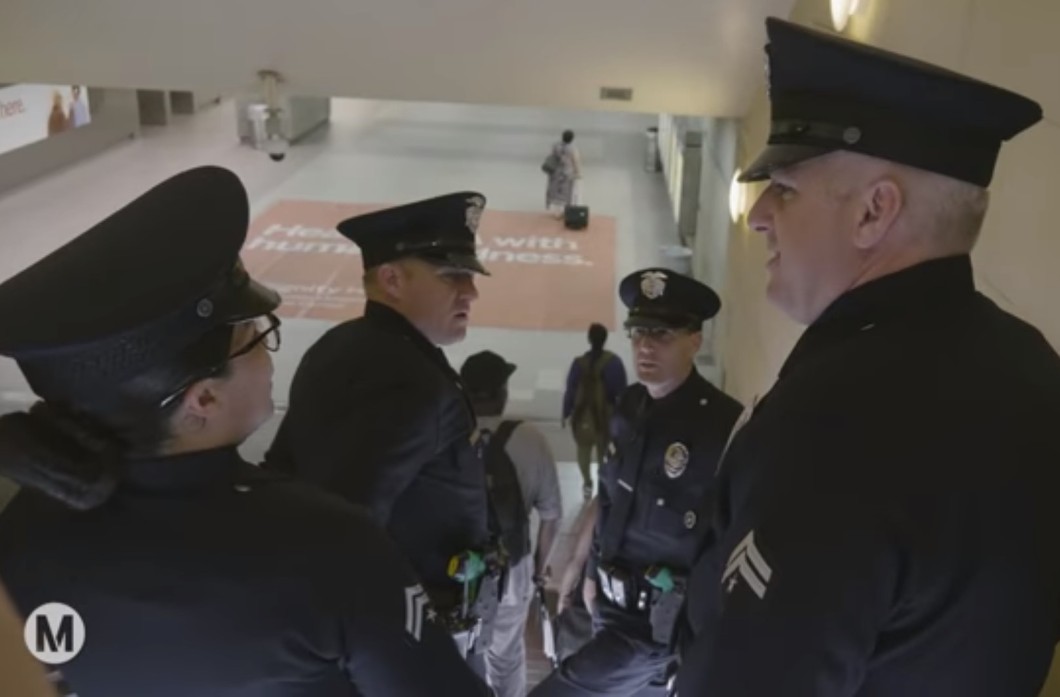This week, we’re joined by Johanna Hoffman to talk about her book, "Speculative Futures: Design Approaches to Navigate Change, Foster Resilience, and Co-Create the Cities We Need." Our conversation touched on the most important topics for urban planning: thinking longer-term about planning problems, discussing people’s emotional reactions to the future, and considering ways to imagine a different way of interacting within cities.
If you prefer to listen than to read, check out an excerpt of the conversation below the audio player. If you want a full unedited transcript, click here.
?
Jeff Wood: What’s the difference between a speculative future and a crazy idea?
Johanna Hoffman: I would say that they’re on a spectrum. What I do think is a fundamental thing to highlight is that a speculative future is grounded in research. A crazy idea is something that maybe pops into your brain, and you’re like, "That would be so cool." Yes, I want to see that a speculative future is one that might also pop into your brain. That’s so cool. But there's also how to ground it in an understanding of how things might actually change over time and really digging into what are the different technological changes that might be happening in coming decades.
What are the ecological contexts that might be shifting? What are some of the economic trajectories that people are anticipating? And that’s where people like me who do this work on an ongoing basis can sometimes be helpful because we do pay attention to some of these drivers of change and can identify what some of these different trajectories and shifts could be. When it comes to world-building and the ways that they use it in different Hollywood narratives, a lot of it is based again on very detailed research. So even though some of those ideas are super far out there, if we’re talking about, you know, the city that was depicted in "Black Panther," the capital city of Wakanda, it’s a far-out idea. It looks, you know, awesome, I would definitely want to live there.
And it’s also based on very detailed research, that was not design that the production designer Hannah Beachler came up with on the fly. She did detailed research, not just onto the historical context of different African cities. They based that particular city on the capital of a particular empire that existed in the 15th century. She dug into so much of the history of that particular region, she dug into different technological interventions and she also was just really trying to understand the context of the humans who might live there. So again, doing all of this research is a way of making these potential futures, these speculative futures really grounded so that we can understand what the effects might be on us as people who might live there or if it’s in a far off future, who those people might be who might be existing in that time frame.
So crazy idea I would say is again on that other side of the spectrum of using our imaginations just to think through what might happen. Those are ideas that are not grounded in what might actually be able to occur or it’s not grounded in the ways that humans have been using a particular kind of space over time, or it’s not grounded in an understanding of what it means to create a really detailed world and then explore what the ramifications might be for actually living in it. It’s not something that feels like there’s an opportunity for me as a potential inhabitant of that idea to have it like a real fleshed out experience.
All worlds, regardless of how fictional they are, they have rules. You can’t, you know, if you’re walking in, say "Lord of the Rings," Middle Earth fictional world, it doesn’t exist. Tolkien did a lot of really intense world building to build that. That’s not a world where people don’t experience gravity. You can’t just like pop in that world and say, "Hey, like I’m gonna be an orc and I’m gonna go floating around." That’s not how that world operates. So again, that would be a far out idea to just pop into Middle Earth and be an orc who gets to float around and do whatever you want. That sounds great, but it’s not a speculative reality because it’s not adhering to the rules that dictate that world. So with a speculative future, again, it’s really doing as much due diligence as you can to try and understand what a trajectory of change might look like.
And again, when we’re talking about farther off time frames, that the year 2200 for example is 200 years from now. Like there’s no way to know for sure what’s going to happen in 200 years. So the research that I did kind of extrapolated as far as a lot of scientists can go, which is usually not farther than 2040. Some of them I found in different published papers when as far as 2080, but then I had to move off from there. So I had to make a certain series of decisions that I tried to make as transparent as possible and then adhered to the rules that extended from those decisions. So again, I think speculative reality is the whole point of them is really that their provocations.
So putting it out there in a way to provoke discussion, I think is most helpful when the people, the groups who have identified those speculative realities are being really transparent about the kind of research that went into them so that the discussions that can happen as a result are grounded again in certain trajectories that might actually happen rather than things that, "Who knows? I just put this idea out there."






